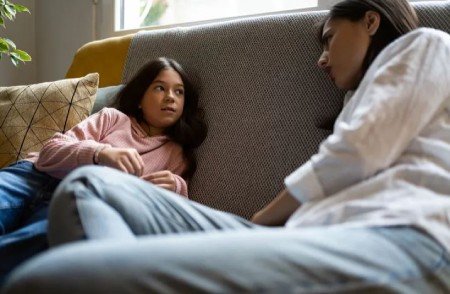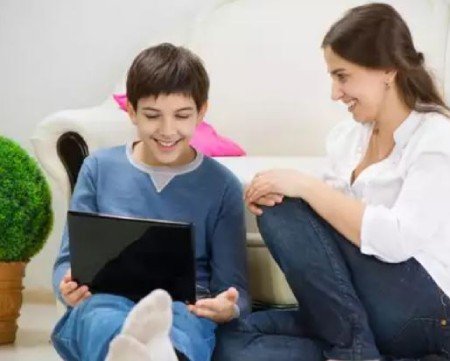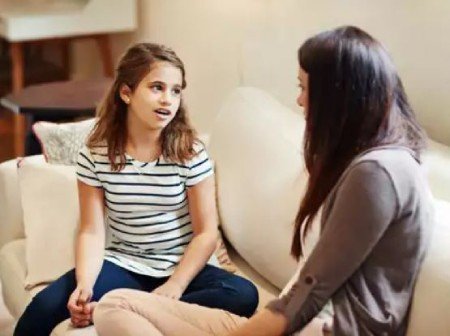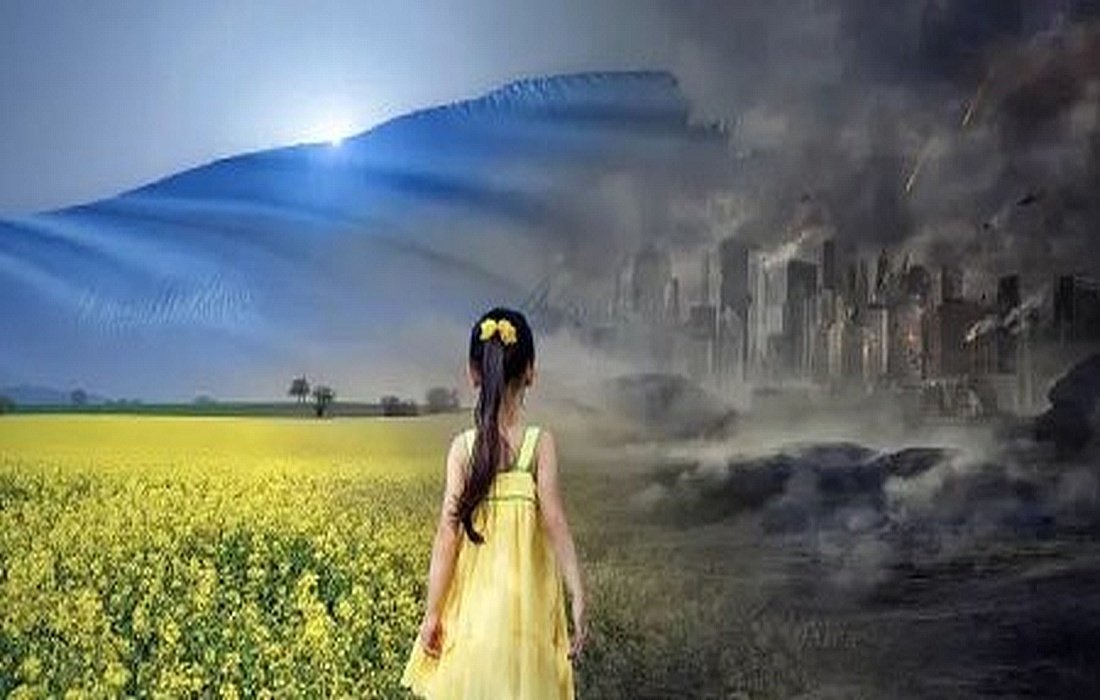
How parents respond to children’s questions about war
Appropriate responses to children’s fears about war
War is one of the most complex and difficult topics for adults, especially for children. When children are exposed to news of war and conflicts, it is natural for them to have many questions. Parents play a vital role in answering these questions and must be able to handle these sensitive topics appropriately and effectively.
1. Why do wars happen?
“Wars happen for various reasons. Sometimes countries fight over natural resources, land, or power. Also, disagreements and conflicts can arise between people or countries, leading to war. We must learn to talk peacefully with one another and resolve our problems.”
2. Are wars always bad?
“Wars usually cause a lot of pain and suffering, which is why most people consider them bad. However, in history, there have been times when wars were fought for freedom or to defend people. These topics are complex, and we need to learn how to maintain peace.”
3. Are we at war?
“In some parts of the world, wars are happening, but in our country, we are mainly trying to live peacefully. It’s important to understand that even though wars may seem distant from us, we should be aware of what is happening in the world and strive for peace.”

Responding to children’s questions about war
4. How can we prevent war?
“Preventing war requires cooperation and communication. We should listen to one another and strive to resolve our differences without violence. Learning communication skills, building friendships, and understanding each other’s feelings can help us achieve peace.”
5. How can I express my feelings about war?
“Your feelings are important and should be acknowledged. You can talk about your feelings with me or a friend. Writing about your feelings or drawing pictures can also be a great way to express them. Remember that our feelings about war and other issues are always significant.”
6. Can we live in a peaceful world?
“Yes, we can hope for a peaceful world. This requires our efforts and those of all humans. Through education, understanding one another, and doing good deeds, we can move towards peace.”

The most frequent questions children ask about war and violence
7. Does war harm all countries?
“Yes, war harms all countries. When a country is involved in war, the people in that country are affected. They may have to flee their homes or suffer injuries from the war. Additionally, war can negatively impact the economy and the future of the country. That’s why peace is very important.”
8. Do children participate in wars?
“Unfortunately, in some countries, children are forced to go to war. This situation is very sad and usually happens due to aggression and violence there. However, in most countries, children should be focusing on education and play, while adults are responsible for protecting them.”
9. How does war affect our lives?
“War can have many effects on our lives, even if we are not in a country at war. News of war can cause us anxiety and worry. It may also affect certain resources or humanitarian aid that are important for us. However, we can make the world a better place through positive actions and by helping others.”

A guide for parents explaining war to children
10. Is it possible for a war to happen in the future?
“Unfortunately, no one can say for sure that a war will not occur in the future. However, we can strive to prevent war. If we all seek peace and cooperate with one another, the chances for war decrease. History shows that when people work for peace, they can create a better future.”
11. How can I help those affected by war?
“You can help those affected by war in various ways. You can contribute through financial assistance to charities that support these individuals. You can also talk about their stories and raise awareness in your community. Every effort, big or small, can make a difference.”
12. Can I write a story about war?
“Yes, writing about war can be a good way to express your feelings and thoughts. You can create fictional stories or recount real stories from those who have experienced war. This can help others understand what impact war has on people’s lives and how much peace matters.”

Appropriate responses to children’s fears about war
Final thoughts
Ultimately, answering children’s questions about war requires skill and care. Parents must lovingly and clearly help children gain a better understanding of these complex issues. These discussions can aid them in learning how to face challenges and emotions and hope for a better and more peaceful world. Parents should seize this opportunity to teach children the value of life, love, and cooperation in any situation, and look for peaceful ways to resolve problems.
Compiled by:Psychology section of SelMagz







